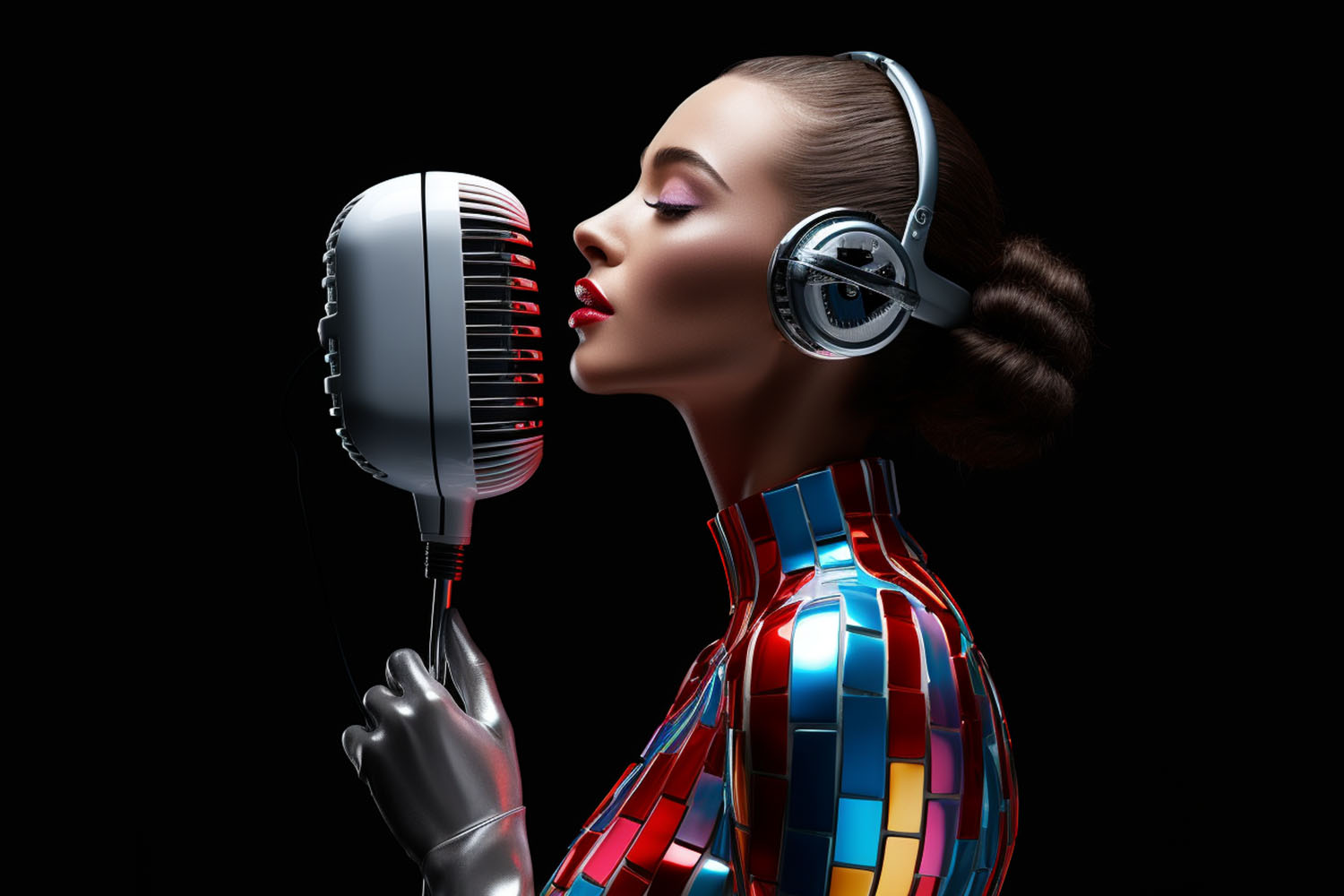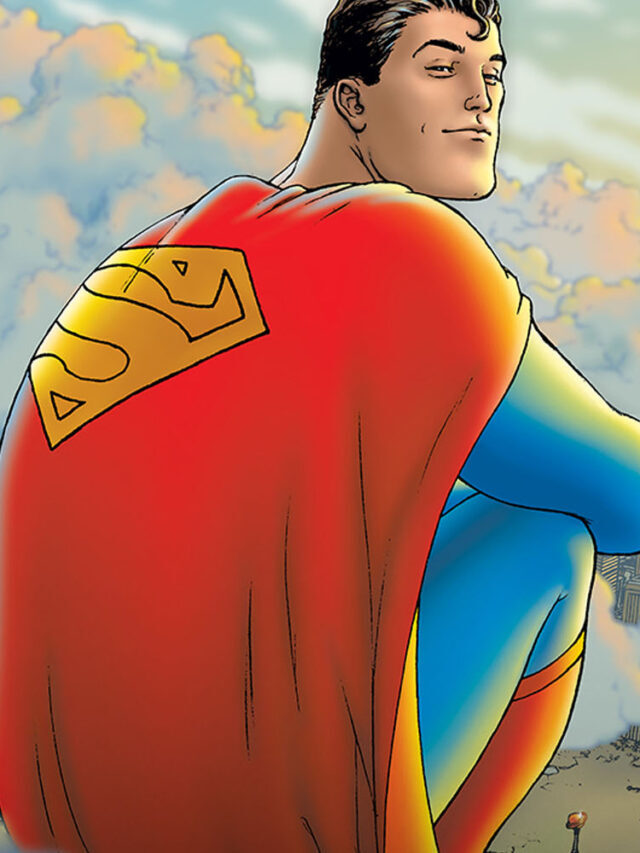Google is in advanced talks with Universal Music to license voices and melodies of renowned artists for the creation of songs through artificial intelligence (AI). This move comes in a landscape where the music industry is looking for ways to monetize deepfake tracks produced by AI.
The ability to replicate voices of famous artists has been a talking point in the music sector. With the potential partnership, music enthusiasts could legally create tracks using AI-simulated voices, ensuring that copyrights are paid to the respective holders.
The growing presence of AI in the music world has sparked debates about the potential devaluation of human work and potential copyright infringements. While some artists are cautious, others, like Grimes, are more receptive to the technology.
For Google, venturing into the musical domain via AI could represent an opportunity to stand out against competitors, such as Meta, who are also exploring AI-based audio solutions.
The issue of licensing in this new landscape is intricate, as it involves finding a balance between honoring artists’ rights, fostering AI innovation, and ensuring profitability.
Recently, Google introduced MusicLM, an experimental platform that allows users to create synthetic songs from text. Despite its limitations, such as the inability to generate tracks that mention specific artists or have vocals, the ongoing negotiation with Universal Music, and the potential collaboration with Warner Music, could be crucial to enhance the tool and clarify licensing and copyright issues.













